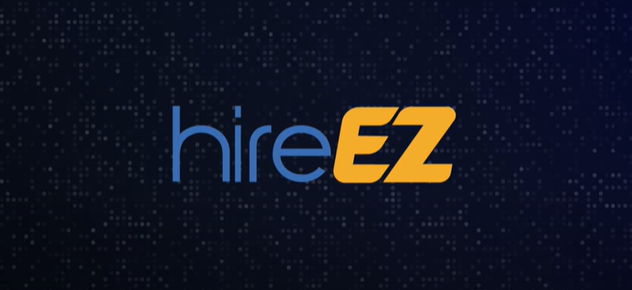The Evolution of Skills-Based Hiring in 2023: Adapting to the Changing Workforce Landscape
July 12, 2023 3 min read
In recent years, skills-based hiring has gained significant prominence as organizations recognize the importance of recruiting talent based on their abilities and competencies rather than relying solely on traditional qualifications or degrees. As we delve into 2023, the landscape of skills-based hiring continues to evolve, influenced by factors such as technological advancements, changing job requirements, and a more diverse and inclusive workforce. In this blog, we will explore the key ways in which skills-based hiring has evolved in 2023.
Emphasis on Transferable and Hybrid Skills
In response to the rapid pace of technological advancements and shifting job market demands, skills-based hiring has shifted its focus to include transferable and hybrid skills. Transferable skills are those abilities that can be applied across different industries or job roles, such as communication, problem-solving, or critical thinking. These skills are highly valued as they enable individuals to adapt and thrive in diverse work environments.
Additionally, hybrid skills, which involve a combination of technical and soft skills, are gaining prominence. With the convergence of various disciplines and the need for multidimensional expertise, candidates who possess a mix of technical proficiency and interpersonal abilities are highly sought after. Employers are increasingly recognizing the value of individuals who can bridge the gap between different areas of specialization and collaborate effectively across teams.
Rise of Skills Assessments and Practical Evaluations
Traditional resumes and interviews have their limitations in assessing candidates' actual skills and abilities. In 2023, there has been a notable increase in the use of skills assessments and practical evaluations during the hiring process. These assessments involve tasks or simulations that allow candidates to showcase their skills in action, providing a more accurate assessment of their capabilities.
Skills assessments can take various forms, including coding challenges, design projects, role-play scenarios, or even real-time problem-solving exercises. By incorporating these assessments into the hiring process, organizations can better evaluate candidates' abilities and determine their fit for the role. This approach also helps mitigate biases associated with traditional hiring methods and provides a more objective evaluation of candidates' skills.
Focus on Continuous Learning and Adaptability
The rapid pace of technological advancements and evolving job requirements necessitate a focus on continuous learning and adaptability in skills-based hiring. Employers are increasingly valuing candidates who demonstrate a growth mindset and a willingness to learn and acquire new skills.
In 2023, organizations are placing greater emphasis on candidates' potential for growth and their ability to adapt to changing circumstances. This includes evaluating their capacity to learn new technologies, adapt to different work methodologies, and quickly upskill or reskill when required. Employers are actively seeking individuals who exhibit curiosity, agility, and a proactive approach to their own professional development.
Holistic Assessment of Candidates
Skills-based hiring has evolved beyond a narrow focus on technical abilities. Employers now recognize the importance of assessing candidates holistically, taking into account both their technical skills and their soft skills or behavioral competencies.
Soft skills such as communication, collaboration, leadership, and emotional intelligence play a vital role in a candidate's overall effectiveness in the workplace. Employers understand that a candidate's ability to work well with others, adapt to different team dynamics, and effectively communicate ideas can greatly impact their performance and contribution to the organization.
To assess these soft skills, employers often incorporate behavioral interviews, situational judgment tests, or group exercises into their hiring processes. This comprehensive evaluation allows organizations to identify candidates who possess the right combination of technical and soft skills, fostering a well-rounded workforce.
Skills-based hiring has experienced notable advancements in 2023, aligning with the changing workforce landscape and the demands of a dynamic job market. The emphasis on transferable and hybrid skills, the rise of skills assessments, the focus on continuous learning, and the holistic assessment of candidates all reflect the evolving nature of skills-based hiring.
As organizations strive to build agile and adaptable teams, incorporating these evolutions into their hiring processes becomes imperative. By valuing a candidate's abilities, potential for growth, and comprehensive skill set, organizations can secure talent that not only possesses the required technical proficiencies but also demonstrates the soft skills necessary for success in today's ever-changing work environment.
newsletter
Subscribe for our daily news
By filling out this form you agree to hireEZ's Privacy Policy and consent to receive communications from hireEZ.
Outbound Recruiting
newsletter
Subscribe for our daily news
By filling out this form you agree to hireEZ's Privacy Policy and consent to receive communications from hireEZ.
Stay Up-to-Date on Future Talent Acquisition Events
By filling out this form you agree to hireEZ's Privacy Policy and consent to receive communications from hireEZ.
related BLOGS
videos

hireEZ - Outbound Recruiting Made Easy!

A Hiring Superhero Rebrand Made EZ